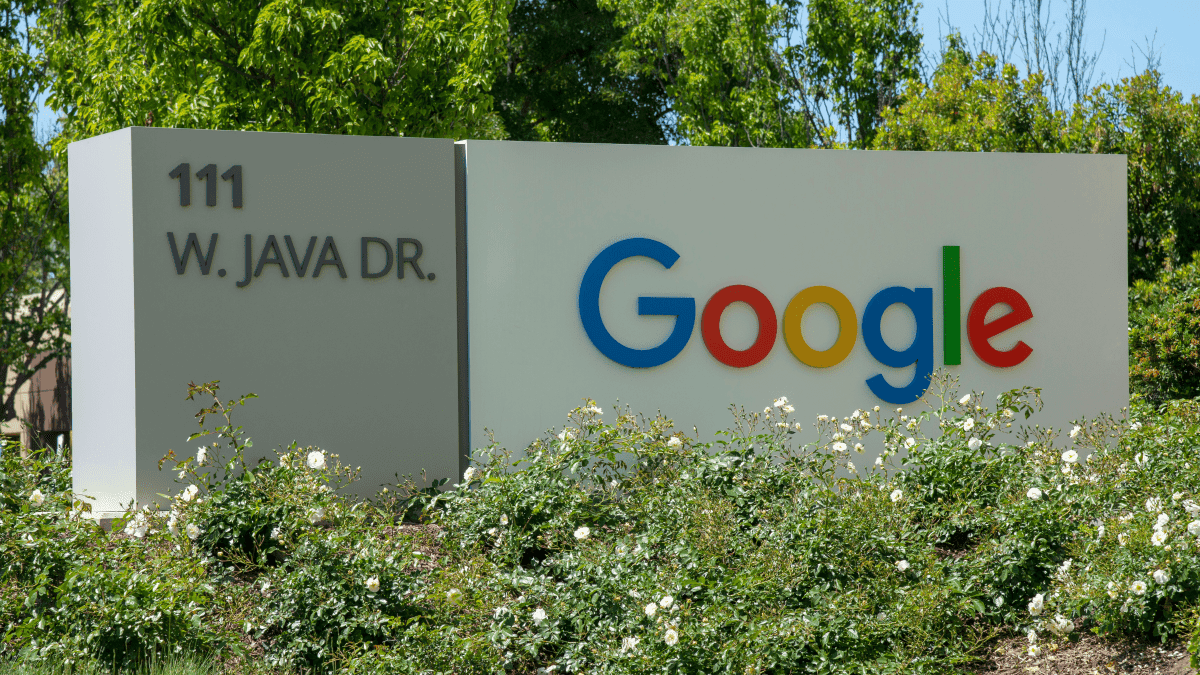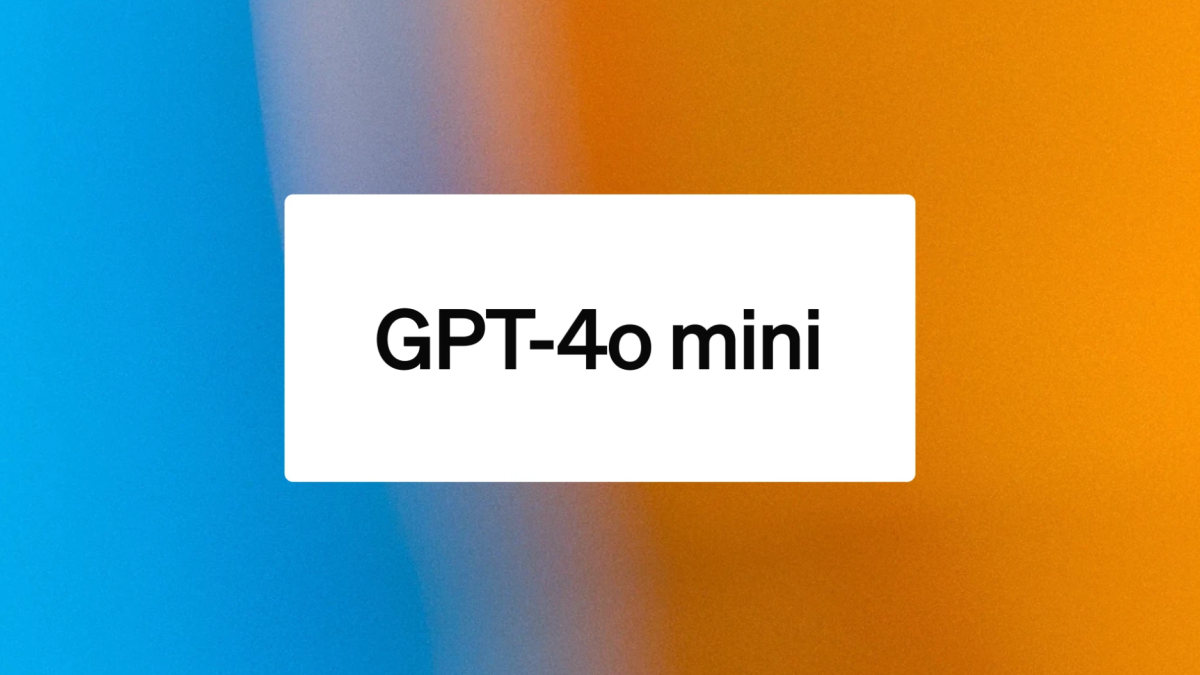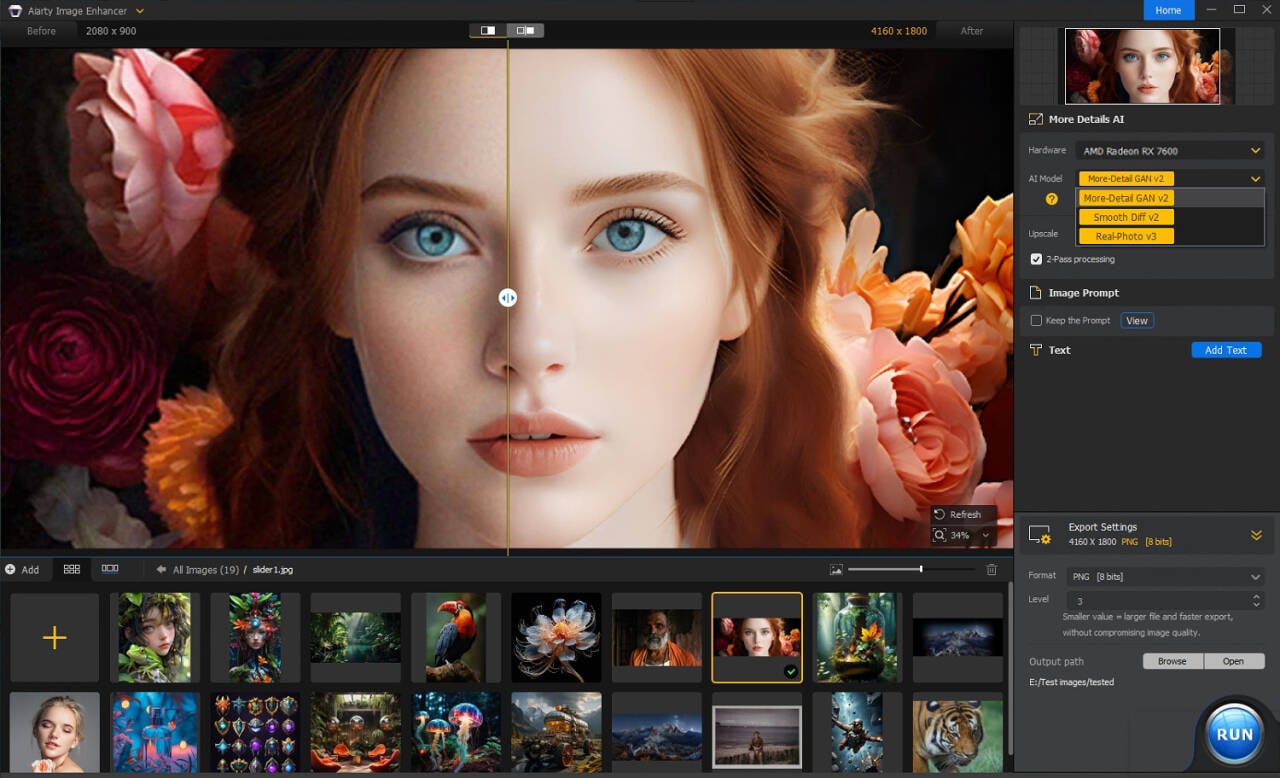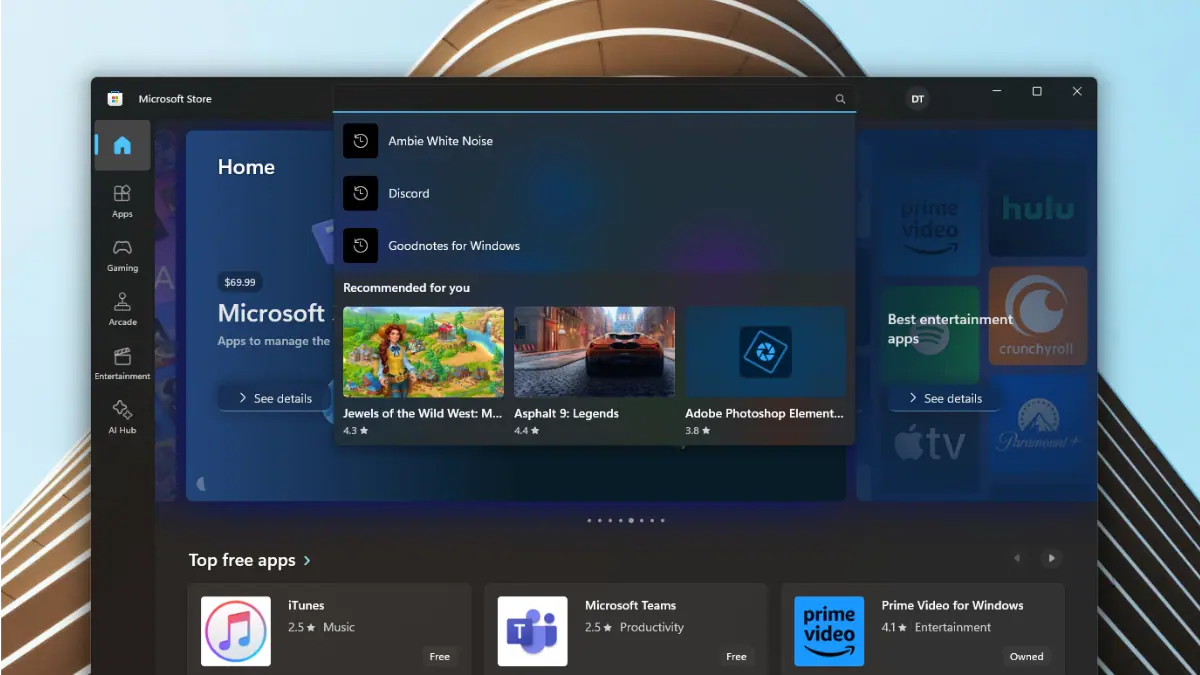What are Sam Altman's predictions for key AI milestones in the near future?
3 min. read
Published on
Read our disclosure page to find out how can you help MSPoweruser sustain the editorial team Read more
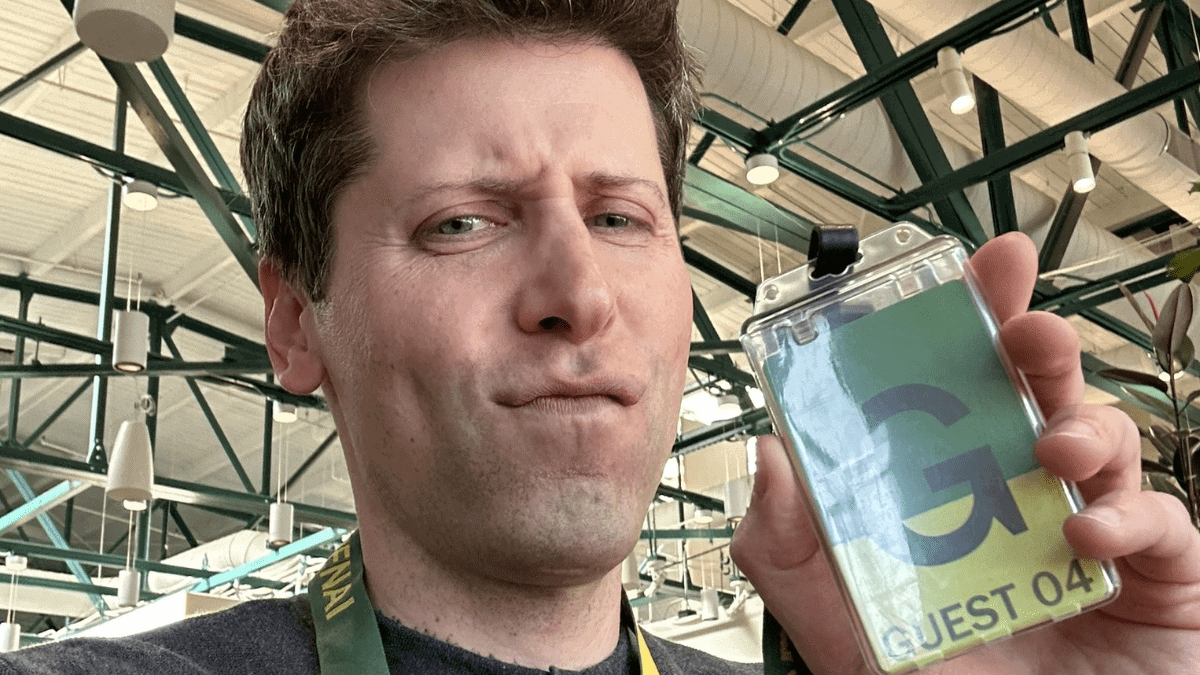
In a recent discussion will Bill Gates, Sam Altman, CEO of OpenAI, highlighted crucial advancements anticipated in artificial intelligence (AI) over the next two years. Here is more information discussed in the interview.
Emphasizing seamless integration of speech, images, and potentially video into AI systems, responding to a growing demand for diverse communication modes.
Recognizing current limitations, Altman stressed the need to significantly enhance the reasoning capabilities of AI models, citing constraints in hypothetical models like GPT-4.
“Speech in, speech out. Images. Eventually video. Clearly, people really want that. We’ve launched images and audio, and it had a much stronger response than we expected. We’ll be able to push that much further, but maybe the most important areas of progress will be around reasoning ability. Right now, GPT-4 can reason in only extremely limited ways. Also reliability. If you ask GPT-4 most questions 10,000 times, one of those 10,000 is probably pretty good, but it doesn’t always know which one, and you’d like to get the best response of 10,000 each time, and so that increase in reliability will be important.”
Addressing the importance of consistent reliability, Altman focused on improving AI models to deliver the best response in every instance, moving beyond the current one-in-10,000 success rate.
Altman highlighted plans for customizable AI interactions, acknowledging diverse user preferences and allowing users to tailor styles and assumptions. Personalization includes incorporating user-specific data like email and calendar information.
“Customizability and personalization will also be very important. People want very different things out of GPT-4: different styles, different sets of assumptions. We’ll make all that possible, and then also the ability to have it use your own data. The ability to know about you, your email, your calendar, how you like appointments booked, connected to other outside data sources, all of that. Those will be some of the most important areas of improvement.”” Customizability and personalization will also be very important. People want very different things out of GPT-4: different styles, different sets of assumptions. We’ll make all that possible, and then also the ability to have it use your own data. The ability to know about you, your email, your calendar, how you like appointments booked, connected to other outside data sources, all of that. Those will be some of the most important areas of improvement.”
Altman also discussed integrating AI models with external data sources, enhancing context awareness and informed responses by leveraging personal data.
Altman’s insights provide a glimpse into the potential future of AI, emphasizing ongoing developments and discussions within the field. Concrete details about models like GPT-4 remain speculative, with a commitment to continual improvement in various facets of AI technology.
Here is the YouTube video.

